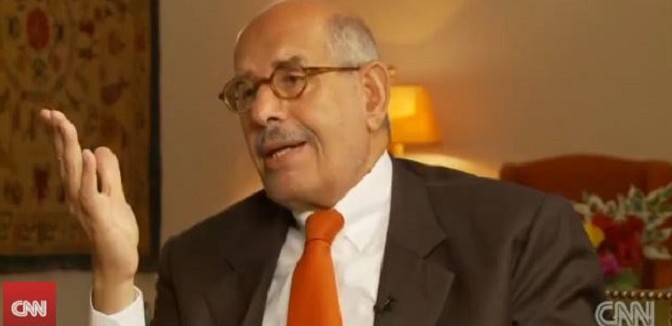Clashes have erupted in Egypt after a series of appointments made by Egyptian President Mohammed Morsi triggered renewed fears that Morsi was working to consolidate the authority of hard-line Islamists at the expense of civil liberties and the Egyptian economy.
In Luxor the appointment of Adel Asaad Al-Khayat as the new governor inflamed residents. The local economy – and Egypt’s economy more generally – relies heavily on tourism. Khayat, in contrast, is known for killing tourists:
The Egyptian president, Mohamed Morsi, has appointed a member of the hardline Islamist group Gamaa Islamiya to the governorship of Luxor – a tourist city in which militants associated with the group killed 58 tourists in 1997… Members of the tourism industry are worried about the impact of the new governor both because of his ties to the former militant Gamaa Islamiya and because of the prospect of a hardline Islamist running the city and surrounding province.
“Is it unimaginable that those who plotted, participated or played any role in the massacre of Luxor, become the rulers even if they renounced and repented it,” said Tharwat Agamy, the head of Luxor’s tourism chamber. He said that he along with others in the tourism industry, politicians and activists, they were considering chaining the doors of the governor’s building and sending him back to the airport.
Morsi’s appointment to govern the Nile Delta city of Tanta was also met with something less than approval:
Clashes have erupted between supporters and opponents of Egypt’s Muslim Brotherhood over the recent appointment of an Islamist governor in a northern city… The fighting broke out after opposition protesters chained up the gate to the new governor’s office in a symbolic rejection of his appointment. Brotherhood supporters, armed with homemade forearms, swords and knives, started shooting at the protesters to clear them away and let Gov. Ahmed el-Baylie into his office.
The dissatisfaction in the two cities comes at a times when the Muslim Brotherhood is increasingly distrusted across Egypt. Earlier this month, Egypt’s intellectual and artist communities protested at Cairo’s Ministry of Culture, demanding the removal of the Minister of Culture, Alaa Abdel-Aziz for “destroying national culture” after firing several key figures in Egypt’s cultural scene.
Earlier Tuesday, Egyptian opposition figure Mohammed ElBaradei told the pan-Arab Al-Hayat newspaper that Morsi had threatened to “burn the country” if ElBaradei became prime minister. ElBaradei’s statements were read against deepening worries regarding the country’s political and economic paralysis, which has crippled the Egyptian economy and sent Morsi’s approval ratings to record lows. European auditors today criticized European Union aid allocated to Egypt, saying that the some 1 billion Euro in aid sent to Egypt since 2007 has “done little” to tackle Cairo’s “serious problems in the area of corruption.”
[Photo: CNN / Youtube]




